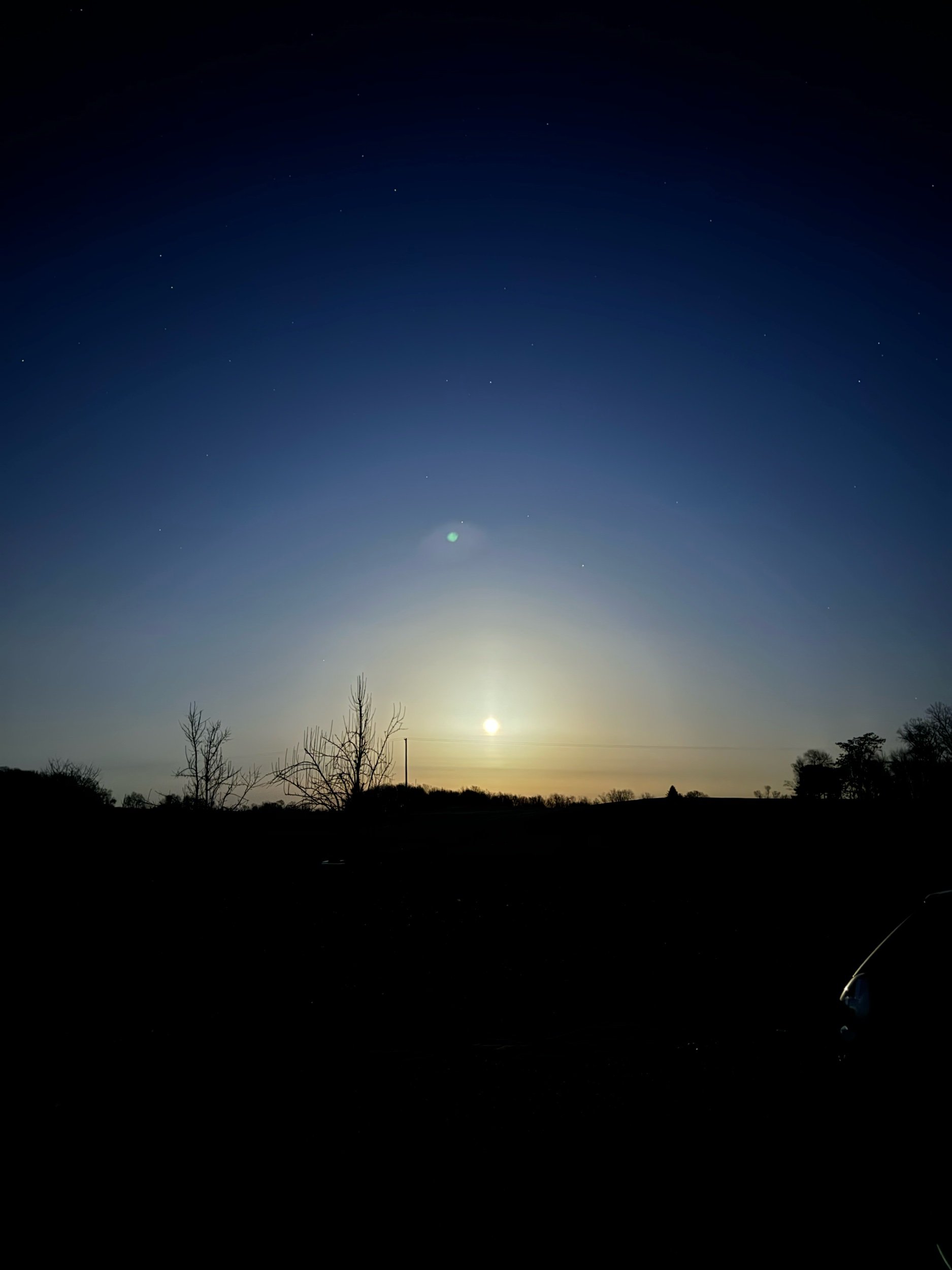
get involved!
save our pollinators
resources
U.S. Fish & Wildlife Service pollinator Initiatives
Focused on helping at-risk pollinators, restoring habitat, working with others to meet pollinator needs, and dedicating resources for pollinator science.
Michigan Managed Pollinator Plan
Pollinators play a key part of agriculture and food systems sustainability in the United States. A strong pollinator community overall helps ensure a better environment.
the bee conservancy
Works to protect all bees and secure environmental and food justice through education, research, habitat creation, and advocacy.
the xerces society
A science-based conservation organization, works with diverse partners including scientists, land managers, educators, policymakers, farmers, and communities.
pollinator partnership
Works with farmers, gardeners, land managers, scientists, and industry to develop tools and programs that help keep pollinators safe from pesticides, habitat loss, climate change, and other threats.
pollinator champions
A free, self-paced online course offered by Michigan State University. The course is packed full of videos, articles, and fun activities to guide you through the amazing world of pollinators and pollination.
Michigan pollinator initiative
Coordinated research, education, extension, and policy driven effort to address priority issues related to pollinators and pollination in Michigan
MSU extension pollinators & pollination
Brings together educators and researchers who are working with experts around the country to provide the latest information through webinars, seminars, online resources and email newsletters.
common bees of michigan
MSU Department of Entemology powerpoint on the common bee species of Michigan.
How to create the ultimate bee garden
This type of garden is meant to assist in the conservation and reproduction of bees by creating a type of habitat for them. This is done through the careful selection of plants, including trees, shrubs, and flowers that provide a source of nectar and pollen. Bee gardens also include a water source and some form of nesting shelter suitable for native bees.
guides
Roundup weed killer info
Roundup is a popular residential and commercial weed killer made with glyphosate. Farmers, landscapers and agricultural workers have used it since 1974. However, some studies have linked heavy glyphosate use to an increased risk of non-Hodgkin lymphoma and other cancers.
Alternatives to Roundup
Roundup products contain glyphosate, a chemical linked to cancer and other illnesses. Chemical alternatives to Roundup can also contain toxic ingredients, but safe alternatives include soap-, vinegar-, salt- or iron-based sprays, mulching and integrated weed management.
